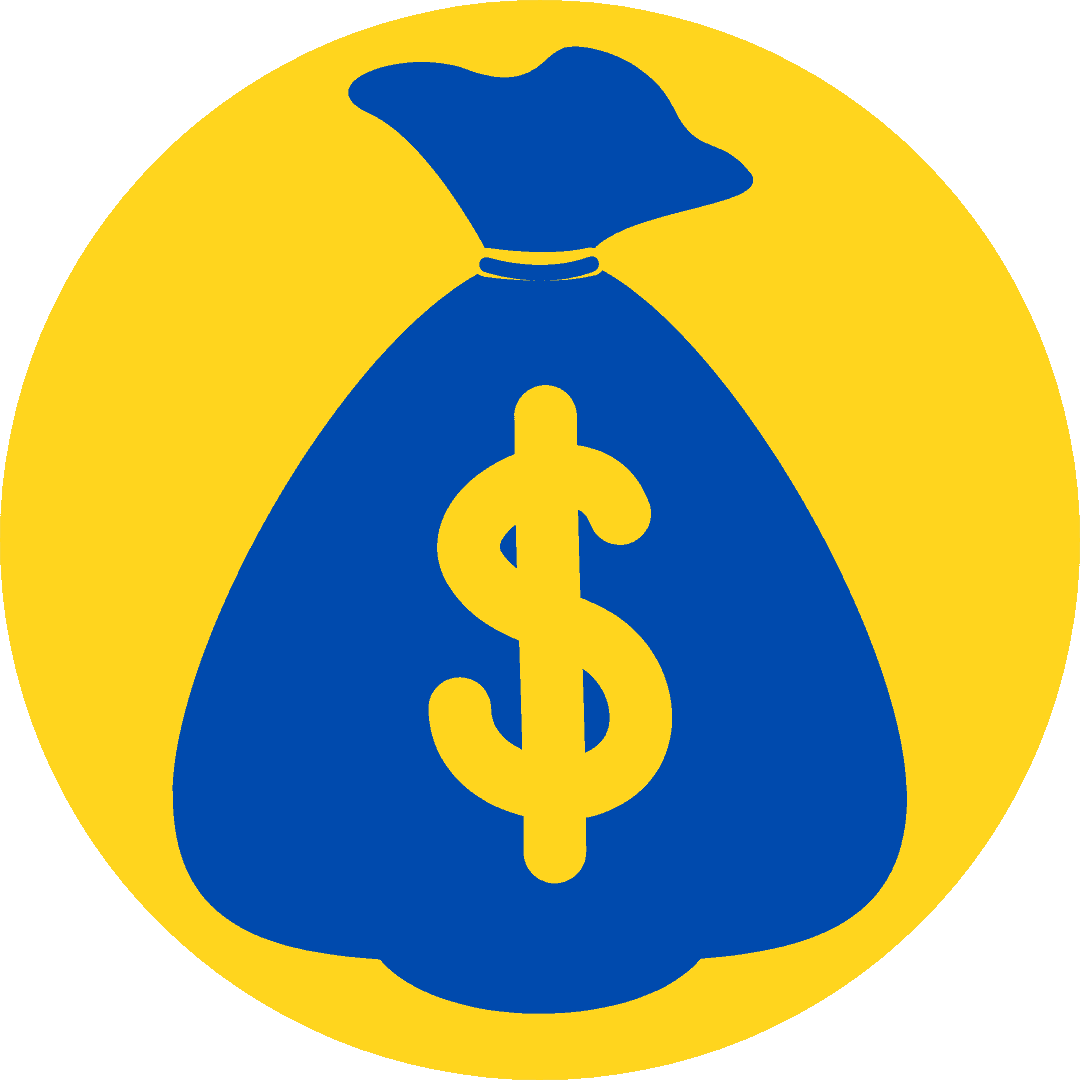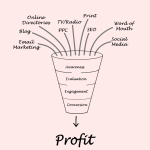Closing high-ticket offers requires more than just a good pitch; it demands a strategic approach that builds trust, demonstrates value, and effectively addresses client concerns. Here are ten advanced tactics to help you successfully close clients for high-ticket products or services:
- Personalized Value Proposition To effectively close high-ticket deals, tailor your value proposition to the specific needs and challenges of each client. Move beyond generic benefits by gaining a deep understanding of their industry, pain points, and objectives. For example, if a client struggles with lead generation, show how your solution can significantly increase qualified leads. Personalizing your pitch demonstrates thorough preparation and builds trust, making it easier for clients to see the relevance and potential impact of your offer.
- Storytelling and Case Studies Use storytelling and case studies to make your pitch more relatable and impactful. Share detailed success stories of clients who faced similar challenges and achieved positive results through your high-ticket offer. Include specific metrics, timelines, and strategies used. This approach not only showcases your expertise but also helps prospects visualize their own success. Compelling stories create an emotional connection, making the benefits of your offer more tangible and memorable.
- High-Value Content Position yourself as an authority by providing high-value content that addresses common pain points and offers actionable insights. This can include in-depth webinars, comprehensive whitepapers, and exclusive industry reports. High-value content educates prospects, builds trust, and keeps you top-of-mind as they move through their decision-making process. Ensure your content is rich with practical tips and advanced strategies that set you apart from the competition.
- Scarcity and Urgency Create a sense of scarcity and urgency to encourage prospects to act quickly. Implement strategies like limited-time bonuses, exclusive deals, or capping the number of clients you take on. For example, offer an additional service for free if they sign up within a specific timeframe or limit your offer to the first 10 clients. Scarcity appeals to the psychological principle that people value what’s rare, while urgency motivates them to avoid missing out on a valuable opportunity.
- Consultative Selling Embrace a consultative selling approach by acting as a trusted advisor rather than a traditional salesperson. Focus on understanding your client’s needs and providing tailored solutions that address their specific problems. Engage in active listening and ask probing questions to uncover their true concerns. By positioning yourself as a problem solver rather than just a vendor, you build stronger relationships and increase your chances of closing the deal.
- ROI and Value Demonstration Clearly demonstrate the return on investment (ROI) and overall value of your high-ticket offer. Present detailed ROI calculations and highlight how the investment will lead to long-term benefits such as cost savings, increased productivity, or higher revenue. Use real data and case studies to support your claims. Additionally, discuss the cost of inaction, emphasizing how not investing in your solution could lead to missed opportunities or higher costs in the future.
- Customized Proposals Develop customized proposals that address each client’s unique needs and objectives. Avoid using one-size-fits-all proposals; instead, tailor your offering to align with their specific goals and challenges. Include detailed solutions, timelines, and pricing that reflect their requirements. A customized proposal demonstrates that you’ve invested time and effort into understanding their needs, increasing the likelihood of a successful close.
- Effective Objection Handling Be prepared to handle objections effectively by understanding and addressing the underlying concerns of your clients. Common objections may include price, competition, or timing. Develop clear and concise responses to these objections, focusing on how your offer provides superior value compared to alternatives. Address objections proactively during your pitch to alleviate concerns before they become barriers to closing the sale.
- Follow-Up Strategy Implement a strategic follow-up plan to stay engaged with prospects who are not ready to commit immediately. Use a combination of email, phone calls, and personalized messages to keep the conversation going. Provide additional information, answer questions, and address any new concerns that arise. Consistent and thoughtful follow-up helps maintain interest and can turn a hesitant prospect into a committed client.
- Exclusive Offers and Incentives Provide exclusive offers or incentives to close high-ticket sales. This can include special discounts, additional services, or extended support. Ensure that the incentives are valuable and relevant to the client’s needs. By offering something extra, you enhance the perceived value of your high-ticket offer and encourage prospects to make a decision in your favor.
By implementing these advanced tactics, you can effectively close high-ticket sales and build lasting relationships with your clients. Focus on understanding their needs, demonstrating value, and providing tailored solutions to increase your success in closing high-ticket offers.



